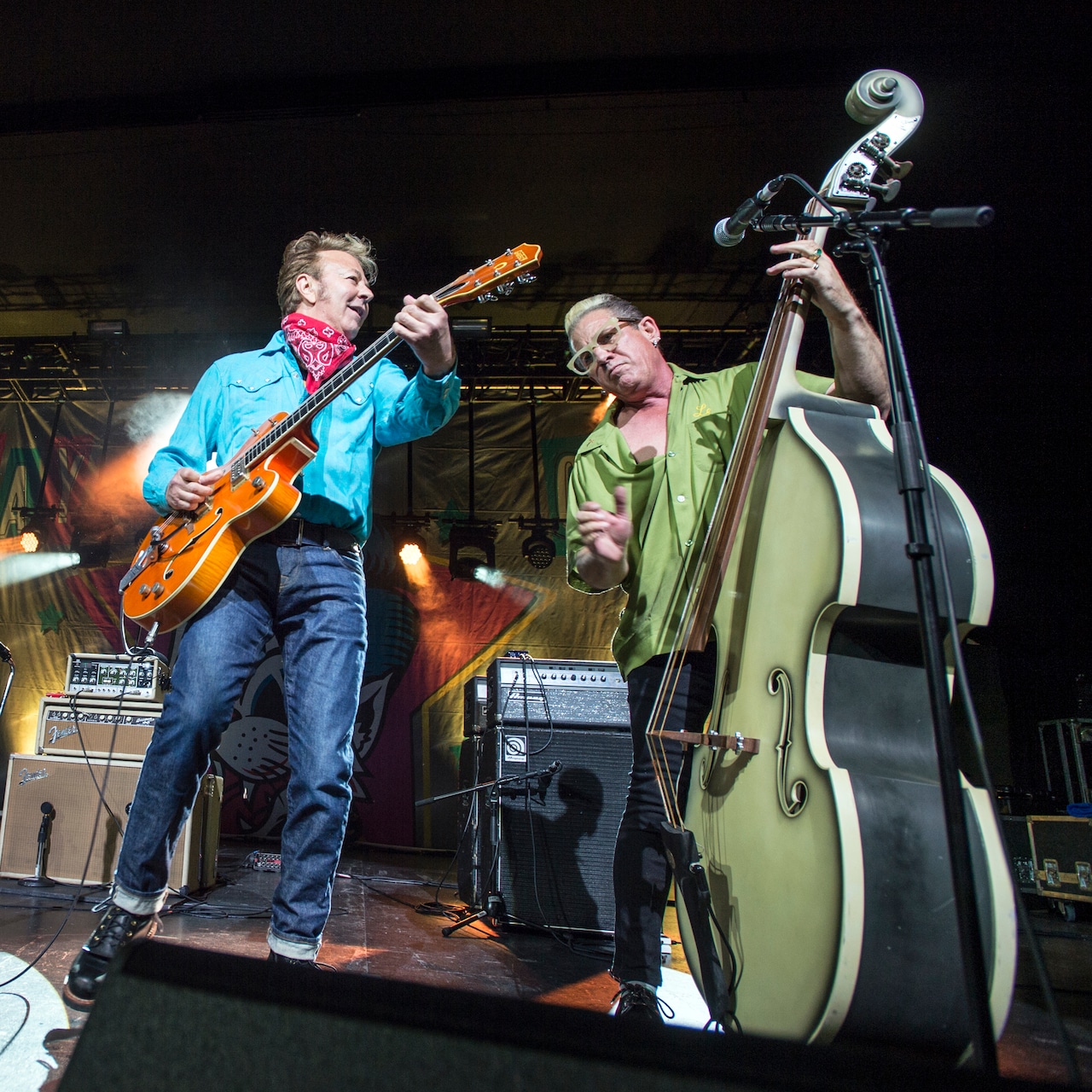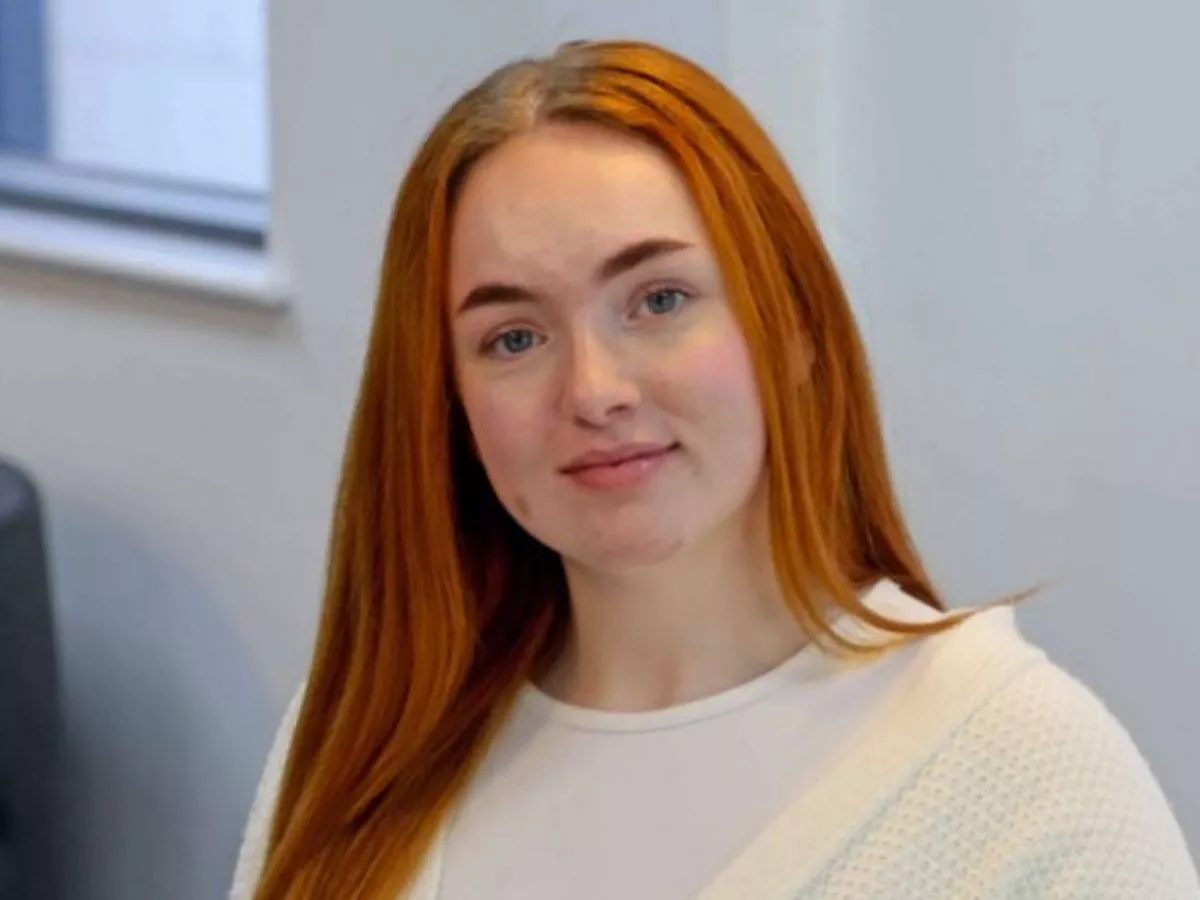Copyright theirishworld

Don Wycherley and Mary- Elaine Tynan, the star and director/ playwright of a play about Paddy Armstrong of The Guildford Four, spoke to David Hennessy ahead of bringing the show to the London Irish Centre this week. The Life and Times of Paddy Armstrong will be at the London Irish Centre in Camden for three performances this week. Paddy Armstrong, 74, originally from Belfast, is one of the Guildford Four, the group falsely convicted for the 1974 Guildford and Woolwich pub bombings. He was arrested at 25 and spent nearly 15 years in prison. In 1989, the then 39-year-old Armstrong saw his wrongful conviction, and the equally wrong convictions of the three other members of the Four, Carole Richardson, 31, Paul Hill, 34, and Gerard Conlon, 35 quashed. All four, who had no affiliation or connections to the IRA, were coerced into signing false confessions. But the evidence that secured their freedom was the eventual discovery that the police and prosecution had withheld evidence from the defence. Only Armstrong, 74, who lives in Dublin and Hill, 71, who lives in the US, are alive today. Gerry Conlon died in June 2014 from cancer aged 60. Carole Richardson, 55, died in 2013 after a long illness. She had been 17 when they were arrested. Armstrong’s 2017 memoir, Life After Life, was published a couple of year after Conlon’s and Richardson’s deaths and co-written with Mary-Elaine Tynan. It was adapted into the play Paddy – The Life and Times of Paddy Armstrong which despite the subject matter is a sometimes-humorous story of resilience, forgiveness, and the power of love and family in surviving injustice. Armstrong, who suffered mental ill health after his release, now lives in Dublin with his wife Caroline and their two children. Armstrong’s co-author Mary-Elaine Tynan is a Dublin-based playwright, author, documentary maker, and director. She wrote, produced and directed the stage adaptation of the memoir, Paddy: The Life and Times of Paddy Armstrong, which she developed with actor Don Wycherley and fellow playwright Niamh Gleeson. Don Wycherley, 58, from Skibbereen, County Cork, qualified as a primary school teacher but in the 1990s turned to acting and is known for his roles, among others, as Father Cyril McDuff in Father Ted, Father Aidan O’Connell in Ballykissangel and Raymond in Bachelors Walk. Don and Mary-Elaine spoke to The Irish World about their play. Q: Mary-Elaine you knew Paddy from co-writing his memoir, on which this is based… Mary-Elaine: “He asked me to write his memoir for him, I said ‘no’ because I felt it was a massive duty to get that story right. “Then he gave me a sob story. He looked at me and he went, ‘Oh, but I’d love my grandchildren to be able to read my story’. “I was like, ‘Oh my God’, so I said, ‘Okay’. “I worked with Paddy over about two years to write his story and we got a brilliant response to it. “Paddy – as a person, as a character – is just incredible. He’s gentle, he’s funny, he’s forgiving. “He’s very, very sweet and very different to your typical victim of miscarriage of justice. “I’ve met lots of them and the ones you tend to see are the ones who are angry and full of fire in their belly – Gerry Conlon or Paul Hill or Paddy Hill. “Paddy Armstrong is so different. “I felt it was made for the stage, so I did an initial draft with a friend of mine (Niamh Gleeson) who writes for Fair City. “I had seen Don on the stage and thought he was just incredible. “I’d seen him in some one-man stuff as well and that’s when I went to Don. “I had a very early draft and Don and myself worked on that draft for another year to bring the play to where it is – that’s how we got there.” Q: What was your initial reaction, Don? Were you thinking of a great role to get your teeth into? Don: “I’ve done one man shows before and they are demanding and full-on. You must totally immerse yourself in them. “Mary-Elaine and Niamh had a draft. I had read the book and I went back. But at that stage, you’ve no idea. “It’s not until you start working. There was lots in the book. “The biggest problem in the book Mary-Elaine wrote with Paddy about his life is there’s so many happenings from his childhood through to his prison years through to coming out after that, there’s so much. “How do you put that into an hour and ten minutes? How do we condense that and make it a play? “When I go to a show, I want it to be a drama. I don’t want a retelling of a book or else you might as well just get Paddy to read a shortened version of the book. “Once myself and Mary-Elaine got going it was about getting rid of stuff that wasn’t as important or didn’t move the narrative along. “Mary-Elaine asked me if I would like to meet him. I had obviously been aware of the Guildford Four, and the movie (1993’s In the Name of the Father). “I graduated from college in ’89. I was having a pint when they got out and we all stopped. Everyone remembers that iconic moment. “It was just a huge thing so the chance to meet him was great. “I went to his house and met himself and Caroline. She opened the doors to me and said, ‘Come in anytime. Knock on the window and just come in’. “It was great to start asking questions and he would always deflect with humour. “His default setting was to not go too much for the heavy stuff of prison life. He would go, ‘But here’s one for ya…’ “He is a funny character, someone you’d love to go on a night out with; to have fun and craic, he’s going to be slagging you and all that stuff. “It was over and back banter, just getting to know the man and his family who he loves dearly. “We started going, ‘Where do we start this? Where do we go? Do we do it in chronological order?’ “Then, having met him, we came up with the idea we could jump around. “Even when we got it to the stage that first time we were going, ‘Will this work?’ “We did it for himself and his wife Caroline, probably the most nerve-wracking production I’ve been, in a small little theatre called The Viking (a theatre above a pub in Clontarf). “I just did it for Paddy and his wife before we showed it to anybody and I could hear him laughing in the audience, at little mentions of his sisters and brothers’ names and that kind of stuff, but he was enjoying it. “From the darkness of the theatre was coming feedback. He was laughing at something. “It was terrifying. “Caroline read the scripts but there’s a big difference to reading a script and seeing it live action.” Mary-Elaine: “What is lovely is it captures Paddy because it captures his humour. “A lot of people think, ‘This is going to be grim. This is going to be depressing’ and there ARE sad parts in it but it’s not grim. It’s full of hope.” Don: “Yeah and that’s because, as we said, that’s the way he is. “For a man who spent 15 years incarcerated for a crime he didn’t commit, there’s absolutely no bitterness. “I’m there going, ‘But Paddy, those guys falsified evidence, they put you away’. “He said, ‘Can you imagine the pressure they were under?’ “And I’m going, ‘The pressure they were under? The pressure you were under 15 years trying to survive in a prison. What are you saying?’ “And I’m going, ‘Wow, it’s just unbelievable’.” Mary-Elaine: “That’s how he survived. What’s interesting about Paddy is he had this survival mechanism different to some others. “People like Gerry were writing letters, getting onto everybody campaigning. “But then you had people like Paddy who just wanted to get on with his prison time and not get caught up in the anger, and that’s why he’s still around, how he survived.” Don: “He’ll always go for the positive and, obviously, the gambling. “He was a big gambler, our Paddy, so he’d get into debt inside. “What else was there to do? “He would bet on anything, he said, just to keep the brain going and then he’d fall into debt. “Because he was Irish, London at that time was a tough place to be.” Mary-Elaine: “Paddy was not built for prison. He had no idea. People liked him and, in the end, it was okay but in the first few years, it was tough. Paddy’s ways of coping were getting drunk, getting stoned, losing money – he wasn’t very smart about it. “The play tries to capture Paddy’s innocence, likeableness, how warm he is and the horror he went through and yet came out of. “What Don does so well is he captures the essence of Paddy. “Paddy jokes, ‘I feel like I’m looking at myself’ and Paddy has seen it several times. His wife and his children are very happy with it which makes me incredibly happy.” Don: “When I met him, I said, ‘I’m the guy that’s playing you’ and he said, ‘I thought they’d get somebody better looking’. Mary-Elaine: “But that’s Paddy, he’s very sharp, he’s very funny.” Don: “It’s a roller coaster ride of Paddy’s life. We have left out a lot of amazing stuff, that is still in the book and chosen what we think is the best way to tell that story.” Mary-Elaine: “We didn’t know how it would be received.” Don: “Everyone abhors the IRA bombings, but mistakes were made to innocent people. “The Balcombe Street Gang, when they were caught (after the 1975 Balcombe Street Siege) said, ‘You’ve got the wrong guys for Guildford. We did it. We did Guilford’. “It went back to court and they gave details, they obviously were involved, the judges said, ‘you may well have – that doesn’t mean the others weren’t involved’ and they were sent back to prison for another 13 years. “Their solicitor Alastair Logan (who worked tirelessly for years on their behalf) said if somebody confesses to murder the police would usually go, ‘We’re going to investigate that’ but they went, ‘Oh no, we’ve got someone else for that’. “The police never went and looked at it because the conviction was there and ultimately, they knew it was wrong. “These things happen. Unfair convictions occur and we must own up and go, ‘That was one’.” Mary-Elaine: “Just like we Irish have. Don: “I mean it’s not anti-English. He loved the English. He was in love with Carole Richardson. He asked her to marry him.” Don: “He used to say it always amused him that people ask, ‘Do you hate the English?’ and he’d go, ‘No, why would I hate the English? “He was having a great time in Kilburn and Camden. “The only one he blames is the police and the justice system but it’s not anti-English. “Paddy would feel that’s a very important aspect because Paddy would say, ‘I was going to marry an English woman, my solicitor was English. I lived in England. A lot of my friends were English. It was a group of police officers and the judicial system and people higher up who put me in prison, not your average English man and woman’. “Alastair, his solicitor, tells the story of being called in when they couldn’t get anybody to represent them. “He said, ‘I’m only a single solicitor working on my own. Surely one of the big firms will want it’. “And they came back to him again 24 hours later, ‘Nobody wants it’. “He said, ‘Why, is it a done deal?’ Mary-Elaine: “They said, ‘Will you represent the bombers?’ and he was like, ‘The bombers? It sounds like you’ve already decided’.” Don: “It WAS already a done deal. “When he went in, he found Paddy beaten up and battered and bruised and almost incoherent and very difficult to understand. Paddy’s Belfast accent can be a little strong at the best of times. “He was going, ‘This guy has gone through the mill here’. “He tells the story that they were already saying terrible things to him and about him.” Mary-Elaine: “They said to Alastair when he was leaving, ‘Do you want to wash your hands? and he said, ‘Sorry?’ They were implying because he’d spent time with Paddy.” Don: “He was suggesting he had scabies.” Mary-Elaine: “Yes, scabies and all that stuff.” Don: “It’s a technique they used to turn you off the guy you’re representing but Alastair said he found a young man who didn’t have a clue where he was, or what he was doing there. “He said, ‘I was just in my squat in Kilburn’. The door got broken down. They said, ‘You drove to Guildford’. He said, ‘Where’s Guildford?’ and he said, ‘I don’t drive’. “It’s very important for us that people realise it was an injustice.” Mary-Elaine: “We’ve had the most unbelievable response to it. It’s one year since we started it and we are still going – that is thanks to the response we’ve had. We are selling out venue after venue after venue. “We don’t try to gloss over anything. “I was conscious that we wouldn’t do anything to diminish his pain or his story, but we needed to be true to who Paddy is and to show his personality. “How do you cope with the most awful miscarriage of justice and how does it form you? “This is about the man and how he overcame that. “He’s inspirational and people have come out saying, ‘Wow, we have such admiration for Paddy. We haven’t met him, but we feel like we know him now’. “That’s what we wanted.” The Life and Times of Paddy Armstrong is at the London Irish Centre at 8pm on Thursday 30 October, at 8pm on Friday 31 October and at 1.30pm on Saturday 1 November. The London Irish Centre will host two post-show Q&As. On Thursday 30 October the show will be followed a discussion with Don and Mary-Elaine about the creative process. On Friday 31 October Audrey Carville will host a panel discussion with solicitor Alastair Logan and Ros Franey, a journalist who was at the forefront of the campaign to release the Guildford Four. See londonirishcentre.org and www.lifeandtimesofpaddy.com.



